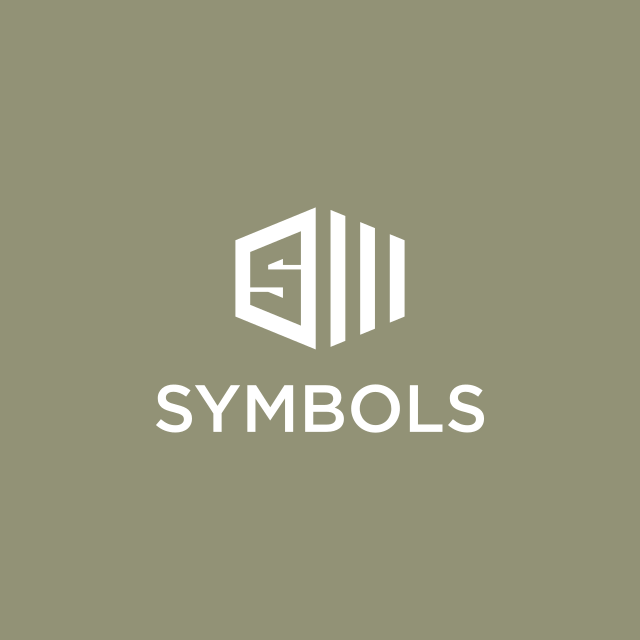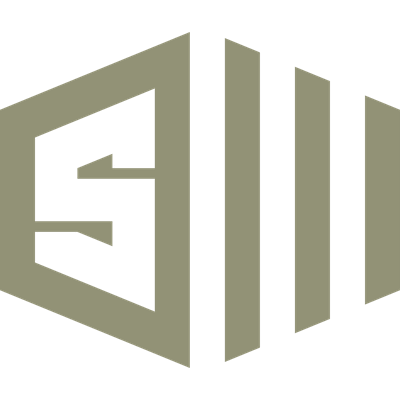Filter by category:
Filter by group:
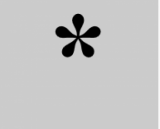 | Asterisk An asterisk (*; Late Latin: asteriscus, from Greek: ἀστερίσκος, asteriskos, "little star") is a typographical symbol or glyph. It is so called because it resembles a conventional image of a star. |
 | The Broken Rifle The broken rifle symbol is used by War Resisters' International (WRI) and its affiliates but predates the foundation of WRI in 1921. |
 | Gold Gold, often described as a dense, soft, shiny, malleable, and ductile metal, has captivated human imagination for millennia. Its allure lies not only in its physical properties but also in its symbol… |
 | Lead Lead is a chemical element in the carbon group with symbol Pb (from Latin: plumbum) and atomic number 82. Lead is a soft and malleable metal, which is regarded as a heavy metal and poor metal. |
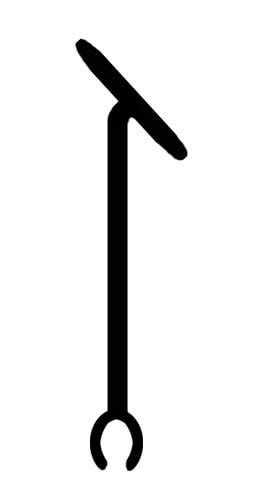 | Was Sceptre The was ("power, dominion") sceptre is a symbol that appeared often in relics, art, and hieroglyphics associated with the ancient Egyptian religion |
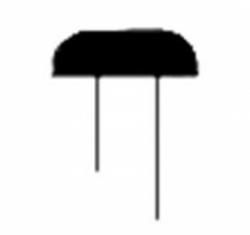 | Amenta This symbol represents the Underworld or Land of the Dead. |
 | Winged Sun The winged sun is a symbol associated with divinity, royalty and power in the Ancient Near East (Egypt, Mesopotamia, Anatolia, and Persia). |
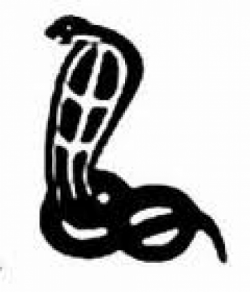 | Uraeus The Uraeus (/jʊˈriəs/; plural Uraei or Uraeuses; from the Greek οὐραῖος, ouraīos, "on its tail"; from Egyptian jʿr.t (iaret), "rearing cobra") is the stylized, upright form of an Egyptian cobra (asp,… |
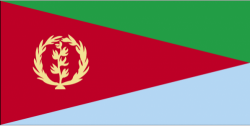 | Flag of Eritrea The current flag of Eritrea was adopted on December 5, 1995. It uses the basic layout of the flag of the Eritrean People's Liberation Front. The wreath with upright olive branch symbol was derived fr… |
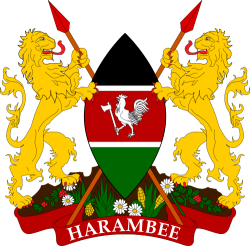 | Coat of arms of Kenya The coat of arms of Kenya features two lions, a symbol of protection, holding spears and a traditional East African shield. The shield and spears symbolize unity and defense of freedom. The shield co… |
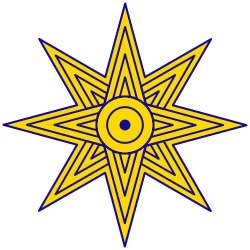 | Star of Venus The Star of Venus also called the Star of Ishtar is an ancient symbol originating in Iraq used as early as 2000 BCE that represents the planet Venus, historically to represent the Babylonian and Assy… |
 | Tudor Rose Appearing in a range of slightly varying forms, the Tudor Rose has been a traditional symbol of the English monarchy since it first appeared in the late 15th century. |
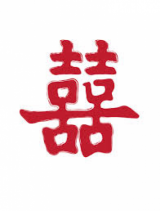 | Double Happiness The form of this symbol can vary slightly from case to case, but wherever it is seen, the meaning is always the same. |
 | Fu An ancient symbol of good luck, the character fu is a popular motif throughout China. |
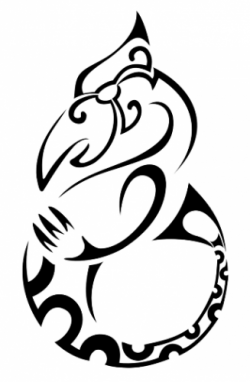 | Manaia Often worn as a pendant, the manaia is an important cultural symbol for the Maori people of New Zealand. |
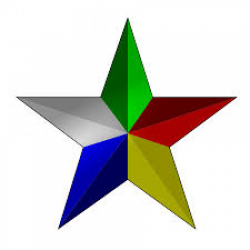 | Druze Star A symbol such as this one might not look out of place at a child’s birthday celebration, but it is in fact the emblem of a relatively obscure religion that possesses a rich and eclectic cultural hist… |
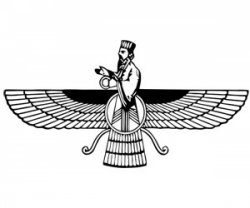 | Faravahar This symbol, known as the faravahar (or, alternatively, the farohar), is the central icon of Zoroastrianism, a religion that emerged in ancient Persia (modern-day Iran) some time in the first millenn… |
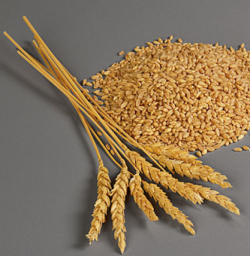 | Wheat Perhaps more than any other grain, wheat has established a reputation as both a culinary staple and a cultural symbol. It has been cultivated since the very beginning of human history, and today is o… |
 | Potassium Carbonate An alchemical symbol for potassium carbonate. |
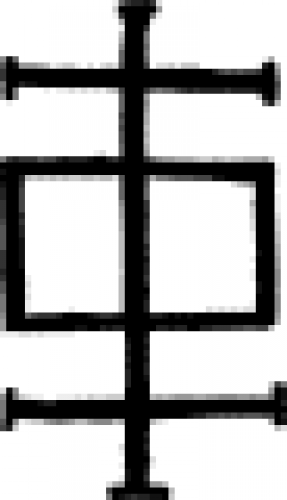 | Potassium Carbonate (alternative) A variation of the alchemical symbol for potassium carbonate. |
 | Spiritus (alchemy) This ancient symbol can have many different meanings, but in the context of alchemy it represents spiritus. |
 | Spiritus (alternate #1) This ancient symbol can have many different meanings, but in the context of alchemy it represents spiritus. |
 | Electrum An alchemical symbol for electrum. |
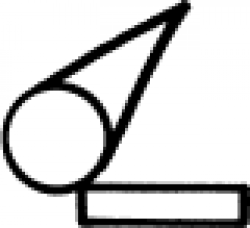 | Gold-leaf (alchemy) An alchemical symbol for gold-leaf. |
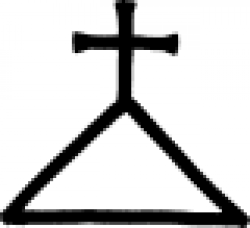 | Phosphorus (alchemy) The alchemical symbol for phosphorus. |
